our work in this sector
Climate change, population growth, declining natural resources and biodiversity loss are the driving forces towards a circular bioeconomy where there is value in standing forests and native vegetation. Development of the bioeconomy can offer benefits for the environment, economy and the millions of people worldwide dependent on income from green jobs.
BVRio’s work in this area seeks to support climate-friendly approaches and the bioeconomy, by contributing to climate policy and by creating practical ways to promote the bioeconomy. Examples include participation in climate policy processes, and developing mechanisms to value standing forests to combat deforestation and ensure the climate resilience of the world’s largest and most important forests.
Our work also seeks to protect and support individuals and nations who are dependent on forests for at least part of their livelihoods through knowledge exchange, the creation of trade tools and market mechanisms.
Our climate positive focus
Climate Change is a cross-cutting theme interacting with everything that BVRio does. Positive climate impacts are derived from all our activities, from our land-use projects which result in nature-based solutions to the climate challenge, through our work with the circular economy which reduces greenhouse gas emissions, to our policy work that contributes to rules, regulations and legislation that protects our climate.
Climate Policy, Adaptation and Resilience
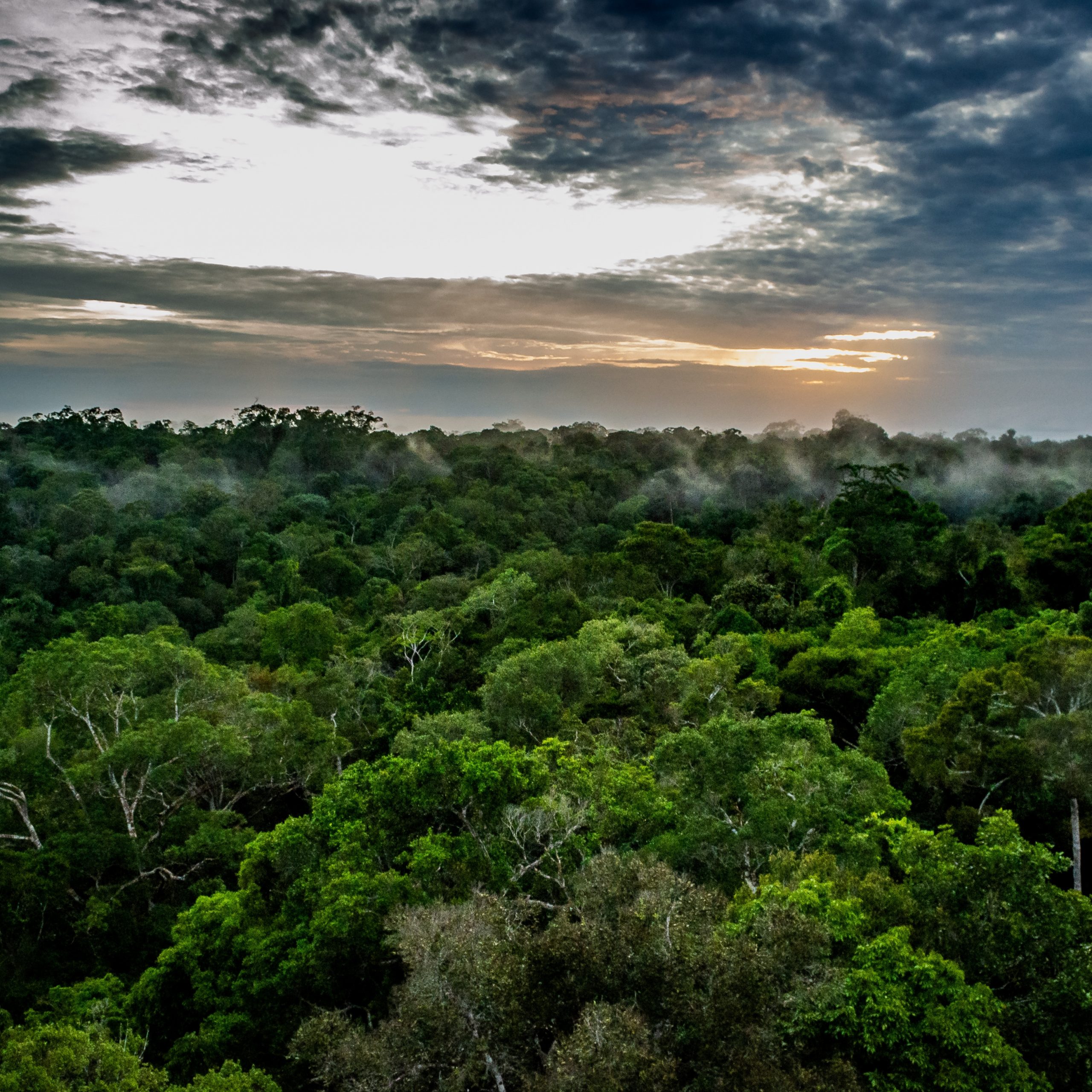
Working collaboratively with regional and national organisations and governments, BVRio provides expertise in creating, running and promoting financial mechanisms for sustainable forest management, responsible land-use and waste management. Over the past decade we have provided input into the climate policies of several Brazilian states and continue to work closely with governments in Brazil as well as in other parts of the world.
BVRio frequently participates in international climate policy processes and its Directors are active participants of several climate change mitigation organisations such as the VCMI, Oxford Climate Policy and IETA, and actively contributes to the development of a new architecture for the voluntary carbon markets
Part of the BVRio group, Oxford Climate Policy, is a founding partner of the European Capacity Building Initiative (ecbi). OCP works through ecbi to provide sustained capacity building for climate change negotiators to promote a level playing field between governments during international climate negotiations, and to build trust between developed and developing country negotiators.
Valuing Standing Forests and Timber products
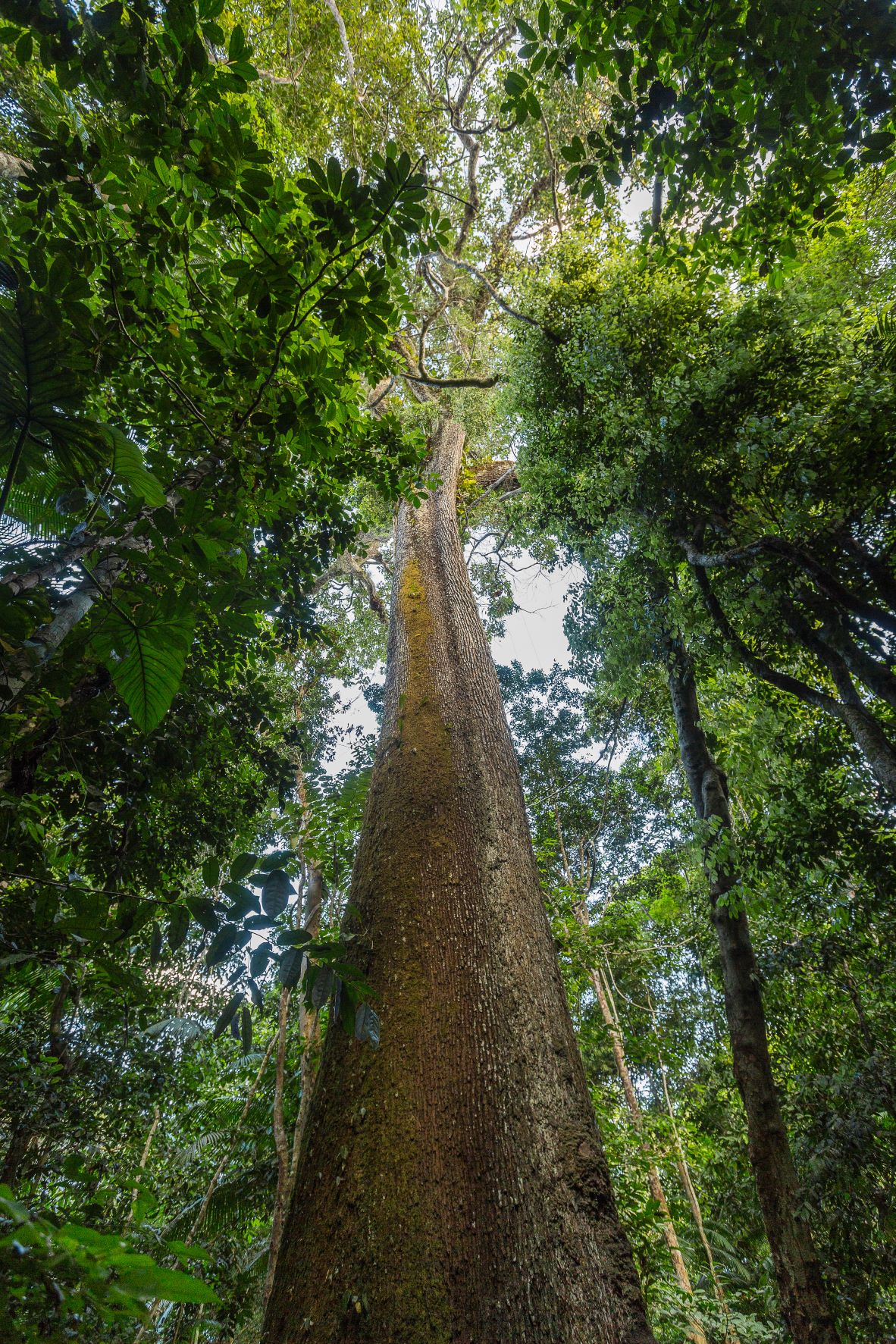
Sustainable land-use is one of the most cost effective and important strategies for climate change mitigation. Forests have the capacity to absorb an enormous amount of carbon from the atmosphere, but they are under global threat due to deforestation and our over reliance on individual species. In November 2021, at COP26, $12 billion was pledged to halt and reverse forest loss and protect land rights by 12 countries to support ambitious forest-related climate action in developing countries.
BVRio’s work seeks to create and promote market mechanisms and to support the implementation of sustainable land-use activities to allow funds to flow directly into forest communities and to support sustainable and responsible forest management. We created the Forest Reserve Credits Platform to facilitate compliance with the Brazilian Forest Code, and through partnerships with organisations like the Forest Stewardship Council and small community based timber producers, our activities have sought to add value to existing commercial operations and to foster knowledge-exchange for better forest management.
More recently, we contributed to the development of a green bond model to support sustainable soy farming in the Cerrado region for Brazil (the Responsible Commodities Facility), and we are developing a programme of payments for environmental services to promote the acquisition of Legal Reserve Credits in the Amazon region, contributing to the successful implementation of the Brazilian Forest Code (the SIMFlor Programme, to be launched later this year).
BVRio has been at the forefront of the creation of tools and mechanisms in support of Voluntary Carbon Markets for the past decade to assist forward thinking organisations to invest in activities, mainly forest preservation, that reduce greenhouse gas emissions and remove carbon from our atmosphere.

Current Initiatives
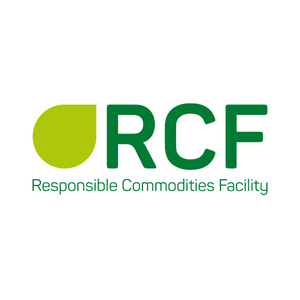
Responsible Commodities Facility – Cerrado Programme 1
Announced in August 2022, the Cerrado Programme 1 is the first initiative from the Responsible Commodities Facility (RCF). It provides financial incentives to soy farmers in the Cerrado region of Brazil that meet its Eligibility Criteria, with a focus on the protection of native vegetation in addition to legal requirements.
visit website
European Capacity Building Initiative (ECBI)
BVRio group company Oxford Climate Policy, runs the ECBI which provides sustained capacity building for climate change negotiators, to promote a level playing field between governments in the international climate negotiations. The Initiative aims to facilitate mutual understanding and trust – among developing countries, and between developing and European countries.
visit website
Voluntary Carbon Markets Integrity initiative (VCMI)
Pedro Moura Costa, BVRio’s director, is a member of the Steering Committee of VCMI, an initiative working to create codes of conduct, and contribute to the architecture of the new and rapidly growing voluntary carbon markets.
visit websitePrevious initiatives in this area
Since 2012 BVRio has developed market mechanisms, products and initiatives in this area, contributed to public policy and been a advocate and delivery partner to others.
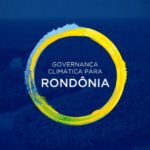
Unlocking and leveraging low-emission development
BVRio was the executing partner for the local work of the Climate Governance for Rondônia project. BVRio acted as the implementing partner of the Environmental Development Secretariat in designing and executing the instruments and participation mechanisms outlined in State Law 4437.

Design & Sustainable Wood
Created to promote union between design and socio-environmental responsibility, bringing internationally renowned Brazilian designers directly to the heart of the Amazon, to teach new techniques of design and construction of furniture and utensils in a community forest management.

AmazoniAtiva
A digital hub to enhance the marketing and sales logistics of the bioeconomy products featured on it. 60+ partners offering products, all are small businesses, but there are more than 6000 people benefiting from their operations.

Good Wood Expo
A roadshow of promotional events that hosted talks and exhibitions to promote the trade of legal timber. Ghana 2018, Indonesia 2019.

GHG Emissions Trading Simulation
Developed with the Business for Climate Programme of the FGVces and involving over 40 Brazilian corporates.

CAPS Programme
Air travel passenger scheme to contribute to the UNFCCC Climate Adaptation Fund.

Rio de Janeiro Emissions Trading Scheme
BVRio assisted the government of Rio de Janeiro State in analysing and developing the blueprints for a state-wide cap-and-trade system for GHG emissions.

Liquid Effluents Cap and Trade System for Rio de Janeiro
BVRio's first project was to analyse the feasibility of developing a cap and trade system to control the release of liquid effluents by industrial installations located in the Guanabara Bay catchment in Rio de Janeiro.
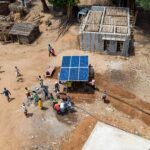
Sustainability, Responsibility and Opportunity Enterprises initiative
An informal initiative to foment the development of enterprises that promote environmental, social and financial performance, supported by the Rockefeller Foundation.
Contact the Bioeconomy team

BETO MESQUITA
Director of Forests and Public Policies (Brazil)

Grace Blackham
Director of Land Use & Operations (UK)

RENATO CASTRO SANTOS
Commercial Manager - SIMFlor (Brazil)


